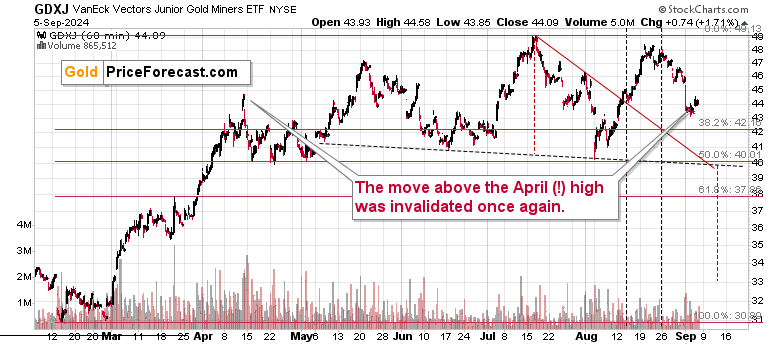

Przemyslaw Radomski
Przemyslaw K. Radomski, CFA, is the founder of Golden Meadow®, an investment platform featuring independent experts who provide premium, research-driven financial insights. With over 17 years of experience analyzing precious metals markets, he specializes in systematic, data-based analysis of gold, silver, and mining stocks. His approach emphasizes rational decision-making, long-term thinking, and principles rooted in Stoic philosophy to maintain emotional discipline in trading.
In addition to building Golden Meadow, Radomski founded The Silver Engineer analytical brand and authored Silver Rising: 100 Reasons Why Silver Will Soar, a comprehensive study of silver’s structural transformation. A CFA® Charterholder who completed PhD studies in Economics, he previously managed a gold hedge fund and accurately called the 2020 precious metals bottom within 30 minutes of its formation.